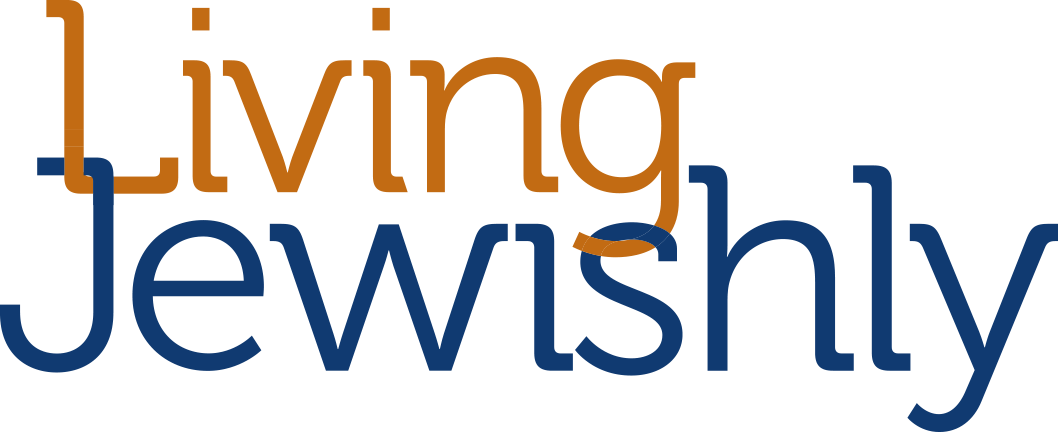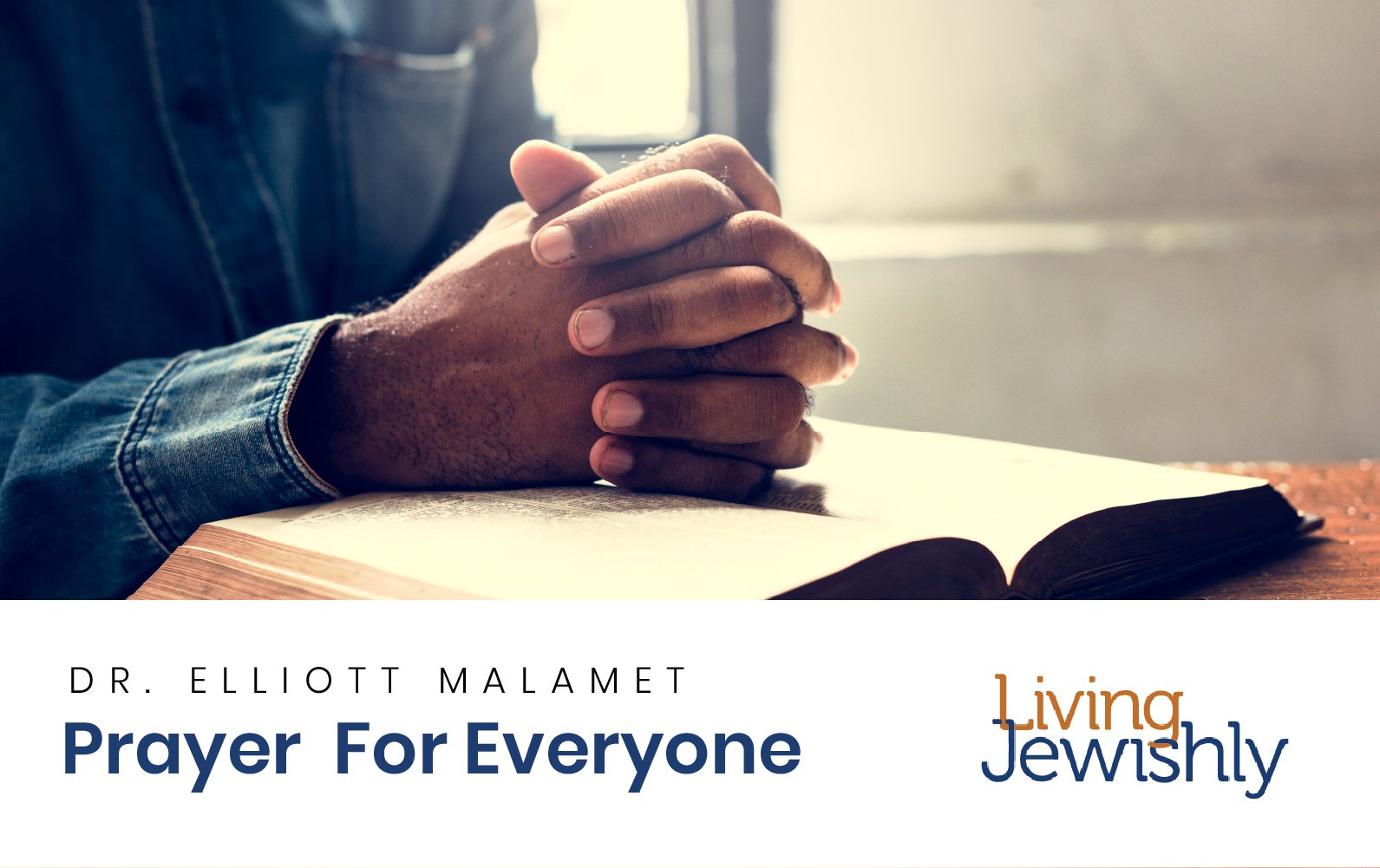One of the most devastating prayer sentences in any language is also one of the most innocuous.
“Lord open my lips, and may my mouth speak your praise.”
This fragment is tucked away in the second half of Psalm 51, almost as though we might slip past it and all would be forgotten. But the rabbis who formulated much of Jewish prayer were on the alert for just such a phrase. Quite deliberately, they chose it to be the opening line of the Amidah, a prayer offered three times a day by Jews who attempt to stand before God.
These few words ask a simple question: How do I even open my mouth?
In its original context, this psalm is the plea of a man who has been rendered mute in the wake of his actions of betrayal. This was not a man whose life had been one of dire straits, and thus committed crimes out of necessity or desperation. According to all the evidence we have, he was singularly powerful in the ancient world, having accumulated a Disneyland proportion of wealth and splendor.
This is a man who had the “good life,” and he brought it all crashing down.
David, King of Israel, allowed a momentary desire to spiral into a series of horrendous actions. His life becomes the stuff of a soap operatic mini-series, all triggered by his sighting of a woman (Bathsheba) one evening as she strolled on the roof across the street from the king’s palace. And that… was that. He committed adultery, impregnated his lover, and then, to cover up the infidelity, arranged for her husband to die in war.
As narrated in The Book of Samuel, God sends the prophet Nathan to pierce David’s oblivious soul by informing the monarch of his callousness and evil. The reckoning quickly comes. The son that Bathsheba is carrying from her encounter with David dies shortly after birth, and the rest of David’s life is a long, hard fall.
Stunned and humiliated, rueful about the past and terrified for his future, David crawls into prayer, only to find that he cannot utter a single word. According to tradition, he subsequently writes Psalm 51.
Thus, the overriding context of “Lord open my lips,” is shame. Though formally said as the preface to the Amidah, emotionally, it is a sentence delivered on one’s knees in the middle of the night. Underneath the verse lies a universal narrative: I have destroyed myself and others through blind ego and a lack of self-reflection. I hoped I could act without consequence. I thought I could hurt others with impunity. I believed I could hide and never be found.
The single ineradicable law of karma is that whatever I start spinning on the wheel, eventually comes back around, and comes around to me. Tulku Thondup, the contemporary Tibetan Buddhist master, puts it very simply:
“Karma isn’t fate. Nor is it a punishment imposed on us by some external agent. We create our own karma. Karma is the result of the choices that we make every moment of every day.”
“Lord, open my lips” stammers a request that embodies the internal struggle that millions of human beings face every day. How do I return in grace to the one I love, to the one I offered promises of loyalty and respect, when I have betrayed their trust and tossed aside their dignity?
How do I speak when I have sinned against another?
Sometimes, we are thrown into an all-encompassing silence by the fallout from our own choices. The Bible calls our `silence inducing’ acts a sin, the French thinker Jean Paul Sartre refers to them as “bad faith,” and others label it “inauthentic living.” We moderns don’t like the word sin, with its connotations of mystical wrongdoing and potential for toxic blame.
Call it what you will, there must be an emotional language in our life for the betrayal of self and others. For acts we have done that are so hurtful, we cannot in good conscience carry on speaking in a glib self-assured way, or any way at all.
This language is a silent one.
When we can’t even pretend to believe our own rhetoric, when we know deep inside that we have no deflections or evasions left, then a gaping chasm opens up beneath us, and it is a wordless and lonely one.
What can I say to the person I have hurt so badly? Are there words? Our lips become sealed, stuck in place by our own bewilderment. At its core, the inability to speak is about more than shame, it is about the loss of one’s self.
When we betray others and erase their value, we eradicate the God in ourselves. We then lose our capacity to be or speak to others and in front of God. There is no “me” anymore when I have erased you.
Reflecting on his life in the darkness of his cell in Reading Jail, Oscar Wilde commented:
“I grew careless in the lives of others. I took pleasure where it pleased me and passed on. I forgot that every little action of the common day makes or unmakes character.”
What I love about David’s cry in the dark, is that it speaks to something fundamental in our version of worship – we pray much too easily. This tiny phrase—“Lord open my lips”- reminds us to be humble and consider our words, to use our mouths each day mindfully in communicating with our world.
There is a great Jewish law that tells us: the door to God’s mercy is temporarily closed when we have hurt another person, and we must first directly ask that person for forgiveness. This law asks us to recognize that God is not a refuge from our human responsibilities.
In the end, this prayer is all about our need for others.
When I am lost in the forest of my shame, I need others to help find my voice. We each need forgiveness in order to speak. We need to receive love in order to survive our selves. We need to show love in order to help others to survive.
Together, with assistance from above, we take the first steps of the long journey that commences without a sound, and then slowly, slowly, the first word of our redemption begins to form.


0 Comments